Bangladesh needs to switch to Presidential form of government
- Update Time : Thursday, August 10, 2023

Bangladesh is facing a political crisis, and some policymakers believe that switching to a presidential form of government could provide a solution. Currently, the country operates under a parliamentary democracy based on the Westminster system, but scholars and experts are questioning its effectiveness and suggesting a shift towards a presidential democracy to ensure accountability, transparency, and good governance.
In 1991, following the ouster of military dictator Hussein Muhammad Ershad, Bangladesh adopted a parliamentary democracy based on a Westminster system. The President is now a largely ceremonial post elected by the Parliament. But scholars have been questioning Westminster system suggesting, it is time for this system to be sent to retirement stating this system has become “more muddle than model”.
Even in the United Kingdom, scholars are showing reasons about why Westminster model is bad for democracy.
Meanwhile, many scholars are suggesting Bangladesh to switch to presidential form of government or American-style presidential democracy. Let us try to understand the advantages of a presidential democracy.
Branch: The executive and legislative branches make up presidential democracy. Even though these two branches are totally independent of one another, they always cooperate to watch over one another. As a result, these two branches never interfere with one another and always allow the other to operate effectively.
Speed: A prime minister must always be cautious not to lose the support of the legislature when the time comes to act. A president is typically not contained by these limitations. Therefore, in a presidential democracy, decisions can be made much more quickly and decisively.
Direct election: In most presidential democracies, the electorate elects the president in a direct vote. As a result, such a president has much more right to exercise power than any other head of state who has not been chosen directly. The presidential elections take place independently of the legislative branch in this democracy.
Stability: The executive and legislative branches make up presidential democracies and are found to be considerably more stable than parliamentarian democracies. The fact that a president will lead a government for a set amount of time while a prime minister can be removed at any time of the main cause of this.
Fixed terms: In a presidential democracy, having elected officials to serve fixed terms has many advantages. Fixed terms shield the population and the economy from the whims of political tyrants.
Power separation: One of the key features of presidential democracy is that the legislature and the executive branch are two structures that operate in parallel. Due to the ability of both structures to monitor and check on one another, this characteristic significantly aids in the elimination of any abuse of power.
Ministers: In a presidential democracy, ministers are appointed to both the legislature and the cabinet without having to run in elections. This completely eliminated the possibility of time being lost on things like election campaigns. The ministers prefer to use their time for various government tasks.
In a presidential democracy, since ministers are not elected representatives to the legislature, they are not subject to elections. As a result, they are free to act for the welfare of the country and its citizens without having to pursue populist policies solely for the electorate’s enjoyment.
National constituency: The fact that the president is chosen by the electorate makes the entire nation his constituency, as a result, the party has limited influence over him beyond giving him advice at party caucuses.
Elimination of malpractice: In a parliamentary system, parties employ any and all tactics to win a majority during elections. This frequently results in reverse cases of malpractice, with parties using dishonest methods to obtain a favorable grade at the time of elections. This issue is completely eliminated in a presidential democracy.
Official accountability: Enhancing the accountability of elected officials is one benefit of presidential democracy. This is because of the separation of power that is necessary for this kind of government, where each branch is given specific duties and has the power to check and balance the others.
Presidential democracy: Bangladesh perspective
A presidential democracy comprises independent executive and legislative branches that cooperate to oversee each other without interference, allowing for more efficient decision-making. In this system, the president is directly elected by the electorate, granting them more authority compared to heads of state chosen indirectly. Stability is enhanced as presidents serve fixed terms, shielding the nation from abrupt political changes.
Additionally, the separation of powers in a presidential democracy prevents the abuse of authority, and ministers appointed to the legislature and cabinet can focus on governing without the need for time-consuming election campaigns. By having a national constituency, the president becomes accountable to the entire nation rather than being heavily influenced by a particular party.
Switching to a presidential democracy in Bangladesh could be achieved through a voting process in the existing parliament. The president, such as Sheikh Hasina, from the Awami League, would contest the presidential election with party nomination, while other political parties, including the Bangladesh Nationalist Party (BNP), Jamaat-e-Islami (JeI), and Jatiya Party (JP), as well as minor parties and individuals, could participate.
Simultaneously, the parliamentary election would be held, with all registered political parties and independent candidates taking part. The elected president would become the head of the government, accountable to the parliament, similar to the system in the United States.
In my opinion, Sheikh Hasina, known for her untainted reputation and dedication to Bangladesh’s progress, enjoys widespread popularity and could be a suitable candidate in such a system. She also has proven herself as a genuine patriot who has been dedicatedly working for the progress and prosperity of Bangladesh.
As the United States and the European countries are repeatedly demanding free, fair and credible election in Bangladesh, it is important for the sake of continuation of the progress and prosperity of the country, a viable solution to the existing political uncertainty is found with wasting time.
Given the international calls for free, fair, and credible elections in Bangladesh, proponents believe that embracing Bangabandhu’s presidential form of democracy and conducting both presidential and parliamentary elections in a festive atmosphere could be a viable solution to the current political crisis, some analysts are suggesting a transition to a presidential form of government to address the existing political challenges and promote accountability and transparency in governance. A shift to this system could involve direct presidential elections, separation of powers, and fixed terms to ensure stable and efficient governance. Supporters believe that this approach, coupled with a festive electoral atmosphere, could help overcome the country’s political crisis.
In my opinion, this is the only viable formula for overcoming the existing political crisis in the country.



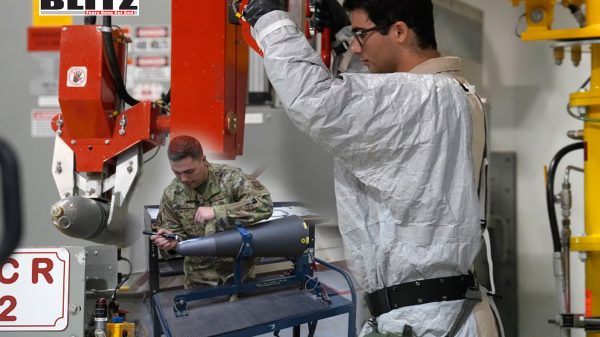
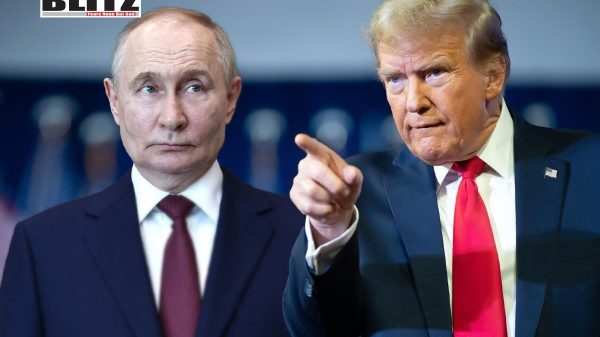
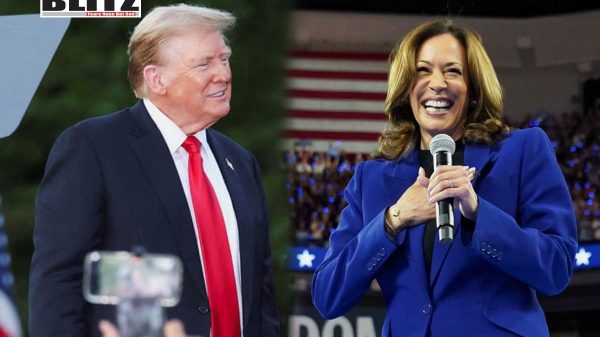
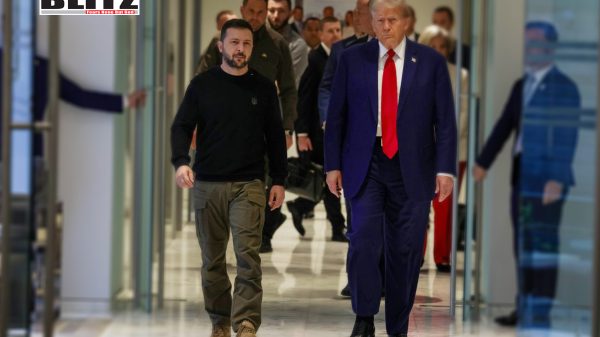
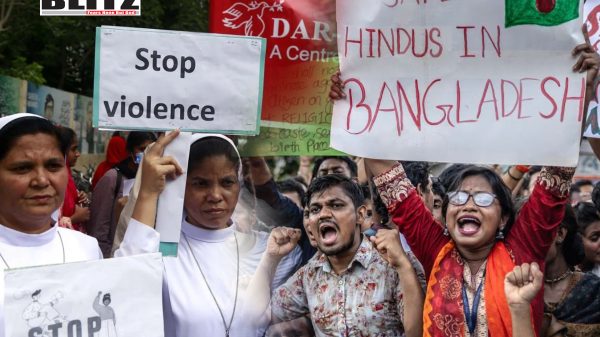










Leave a Reply